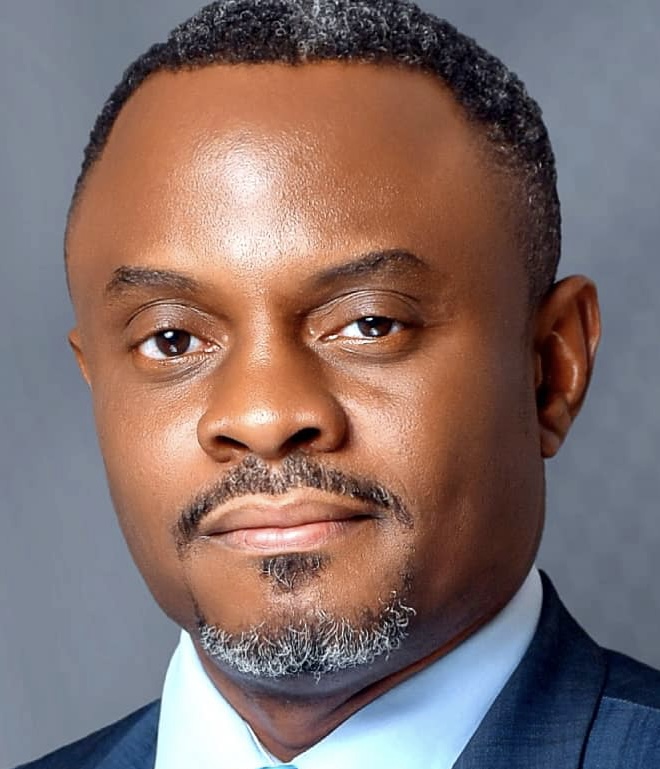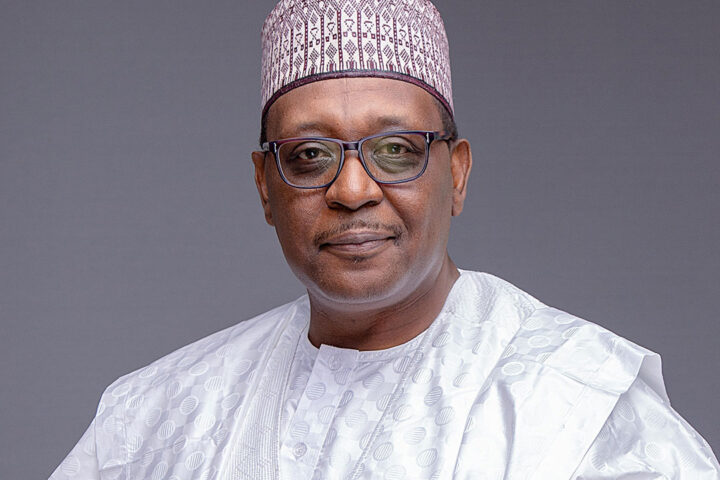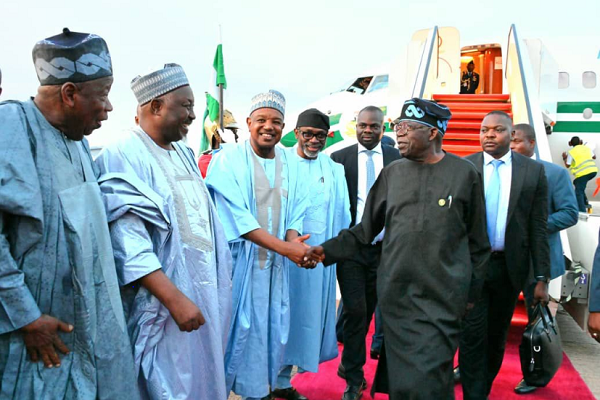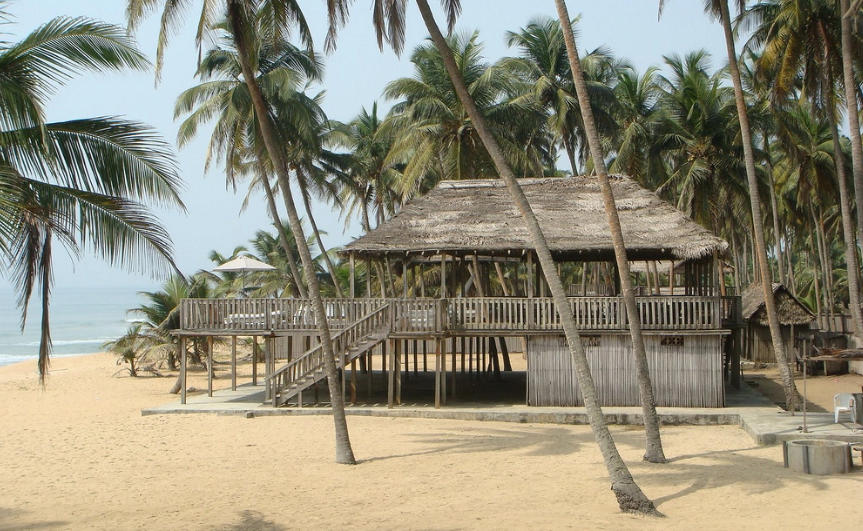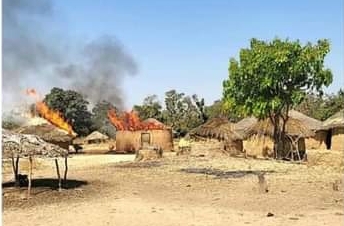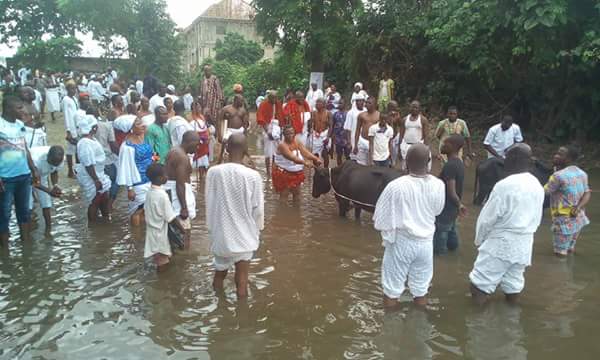Following Muhammad Ali Pate’s incredibly difficult decision to rescind his appointment as CEO of GAVI- Global Alliance for Vaccines and Immunization and return home to serve his fatherland under the leadership of President Bola Ahmed Tinubu, I wrote and published an article entitled: ‘Finding the Pate Within Us’. It was a piece in honour of a man who, in the face of grandeur and international acclaim, chose a different path leading him back to the very roots from which he had grown; it highlighted the significant personal sacrifice Pate had made in placing Nigeria over and above his career goals and aspirations.
How many Nigerian elites or technocrats would make such a call? I consider myself an ultra-patriotic Nigerian but faced with such an opportunity, my decision would not be anywhere near “incredibly difficult”. Evidently, Pate has risen above self. He has conquered the “me first” in most humans. It would not be out of place to say that his actions are synonymous with patriotism of a higher degree, nationalism, and personal sacrifice for the collective good.
It is, therefore, shocking to read articles on news platforms attempting to politicise that which is glaringly altruistic and in the national interest. These half-spirited attempts from a muted minority argue that the distinguished professor is not a politician and as such, is undeserving of the ministerial slot from his home state. Some contend that as a technocrat, he does not understand the political economy that defines the country’s health sector and may not be able to get the desired result if appointed as minister of health.
They all surmise that politicians who have worked tirelessly for the ruling party’s victory in the last presidential election deserve to be compensated with ministerial slots, which is indeed not out of place. They also prefer someone who has worked internally with an understanding of the local workings, which is also not out of place. What is, however, out of place is the thinking that Pate’s eventual nomination and appointment as minister will block the chances of compensation for the political class in his home state. Nothing could be further from the truth, especially when it is on record that President Bola Ahmed Tinubu rewards loyalty and hard work.
Advertisement
For a man who decided, without a gun to his head, to decline an offer already accepted, Pate is not the competition here; far from it. Perhaps, it is crucial that we understand the enormity of his sacrifice. Until that moment of decision came, Pate was on course to assume office as CEO of GAVI – the Vaccine Alliance on August 3, 2023. In his words, upon acceptance of the offer then, he said: “It will be my priviledge to lead Gavi and continue to support countries to scale up critical routine immunization programmes, reach more zero-dose children, expand access to new vaccines, transform primary health care systems, and help fight outbreaks and future pandemics”. A privilege now directed towards Nigeria.
A look at donor contributions and pledges to Gavi from 2021 – 2025 indicates a commitment of $21. 2 billion, while donor proceeds for the same period are $21.5 billion. The consolidated financial statement audit of Gavi, as undertaken by Deloitte, indicates that cash proceeds from donors and International Finance Facility for Immunization (IFFIm) over a five-year period stood at $4.8 billion (2022), $10.0 billion (2021), $2.3 billion (2020), $2.0 billion (2019), and $ 1.6 billion (2018) respectively. The audit finds that with the cash receipts from these donors and investors, Gavi has a strong and consistent level of support. In view of available resources, the Gavi Secretariat forecasts that there will be sufficient resources to fund all its programmatic commitments as revised for the impact of the Covid-19 pandemic.
As of the date of the last forecast approved by the board in December 2022, Gavi’s estimated qualifying resources for its 2021 – 2025 strategic period totalled $10.4 billion, while its total forecasted cash outflow for the same period was $10.2 billion. This implies the organisation has approximately $0.2 billion for future mission-related investments. How else can one describe financial solvency?
Advertisement
Nigeria’s Muhammad Ali Pate clearly passed on the opportunity to lead one of the world’s most impactful and financially solvent organisations at such a critical time in global history when the world is navigating the path to recovery post COVID-19, and adopting the lessons learned to shape our world significantly.
Rather than attach political meanings and sentiments to Pate’s homecoming, we should celebrate, knowing that a highly resourceful son has chosen to serve Nigeria in the face of global relevance. The conversation should be about the expectations of a Pate ministership, not the fears demonstrated in some quarters. Or is someone afraid of Professor Muhammad Ali Pate?
In 2011, Bill Gates said of Pate: “One of the polio leaders I respect most is Dr Muhammad Pate, who directs Nigeria’s national eradication effort. […] Muhammad Pate [has] demonstrated that the best leaders can overcome the worst circumstances”.
Given our country’s current circumstances, it is essential to recognise that forming a government representing a broad spectrum of expertise and perspectives is crucial for driving meaningful change. Pate’s nomination brings the expertise and dedication needed to address Nigeria’s healthcare challenges head-on. His deep knowledge of the sector and commitment to serving his country makes him a powerful force for positive transformation. Politicians and technocrats can work together to deliver the most significant value for the people of Nigeria.
Advertisement
Perhaps the traducers are unaware, but one of the reasons why Muhammad Ali Pate’s likely nomination as minister of health holds tremendous significance is the dire fiscal situation Nigeria currently faces. The escalating public debt and growing budget deficit have severely affected various sectors, including healthcare. The country’s expenditure on debt servicing has reached alarming levels, with 96.3% of revenue allocated to this purpose in 2022, up from 83.2% in the previous year. This demonstrates the worsening fiscal deficit and its strain on the nation’s public debt stock—the rising budget deficit-to-GDP ratio further compounds the challenges, indicating the increasing burden on the economy.
The implications of this fiscal crisis on the health sector are profound. As resources become scarce, allocating sufficient funds to crucial areas such as healthcare infrastructure, medical supplies, and workforce development becomes increasingly challenging. This, in turn, compromises the quality and accessibility of healthcare services for the Nigerian population. With public spending on healthcare amounting to just 3.89% of GDP, the need for increased investment and reform is undeniable.
Therefore, Muhammad Ali Pate’s nomination as minister of health becomes even more crucial in this context. His expertise in healthcare financing and health system strengthening can play a pivotal role in addressing the challenges posed by the fiscal crisis. His track record of navigating complex financial landscapes and mobilising resources positions him as a valuable asset in ensuring that the health sector receives the attention and funding it desperately needs. His experience engaging with international organisations and securing resources for healthcare initiatives can be leveraged to explore innovative financing mechanisms and partnerships. He can collaborate with development partners, private sector entities, and philanthropic organisations to bridge the funding gap and ensure the sustainability of healthcare services.
Moreover, Pate’s leadership in advocating for improved budgetary allocations to the health sector can drive the necessary policy reforms. By working closely with relevant stakeholders and policymakers, he can champion initiatives prioritising healthcare in the national budget and advocate for increased investments in critical areas such as healthcare infrastructure, equipment, and human resources. Additionally, his understanding of health economics and ability to navigate complex financial landscapes can contribute to developing sustainable healthcare financing models. He can explore strategies to reduce out-of-pocket healthcare expenditures, improve health insurance coverage, and strengthen health financing systems. This would not only alleviate the burden on individuals but also enhance the overall resilience and effectiveness of the healthcare sector.
Advertisement
By leveraging Pate’s knowledge and skills, Nigeria can explore innovative solutions, forge strategic partnerships, and implement sound fiscal policies to secure the necessary resources for the health sector. This, in turn, will improve healthcare accessibility, quality, and outcomes for all Nigerians, mitigating the adverse effects of the fiscal crisis.
It is essential to recognise that investing in the health sector is a matter of social welfare and a strategic move for sustainable development. A healthy population drives economic productivity, fosters social stability, and enhances overall well-being. Nigeria can lay the foundation for a prosperous and resilient nation by prioritising healthcare despite the fiscal challenges.
Advertisement
But that is not all. Have we considered the significant impact Muhammad Ali Pate’s emergence could have on the country’s health security? Nigeria’s ability to prevent, detect, and respond to public health threats, including infectious diseases, epidemics, and other health emergencies could benefit from Pate’s expertise and experience. After eight years of near-stagnation, Nigeria and, indeed, Nigerians deserve better. The narrative has to change. It can not be business as usual. Nigerians deserve to breathe!
From the standpoint of a strategist, it is imperative to state that Pate is no obstacle to the emergence of any politician as minister from his home state. He is a wild card, portending no risk to some political aspirations. Again, he is not the competition. He is not lobbying. He brings tremendous value that must be preserved on the altar of political exigencies. Dey Play!
Advertisement
Agbonika, a governance and policy reforms consultant, writes from Abuja, Nigeria. He can be reached at [email protected]
Advertisement
Views expressed by contributors are strictly personal and not of TheCable.
Add a comment
